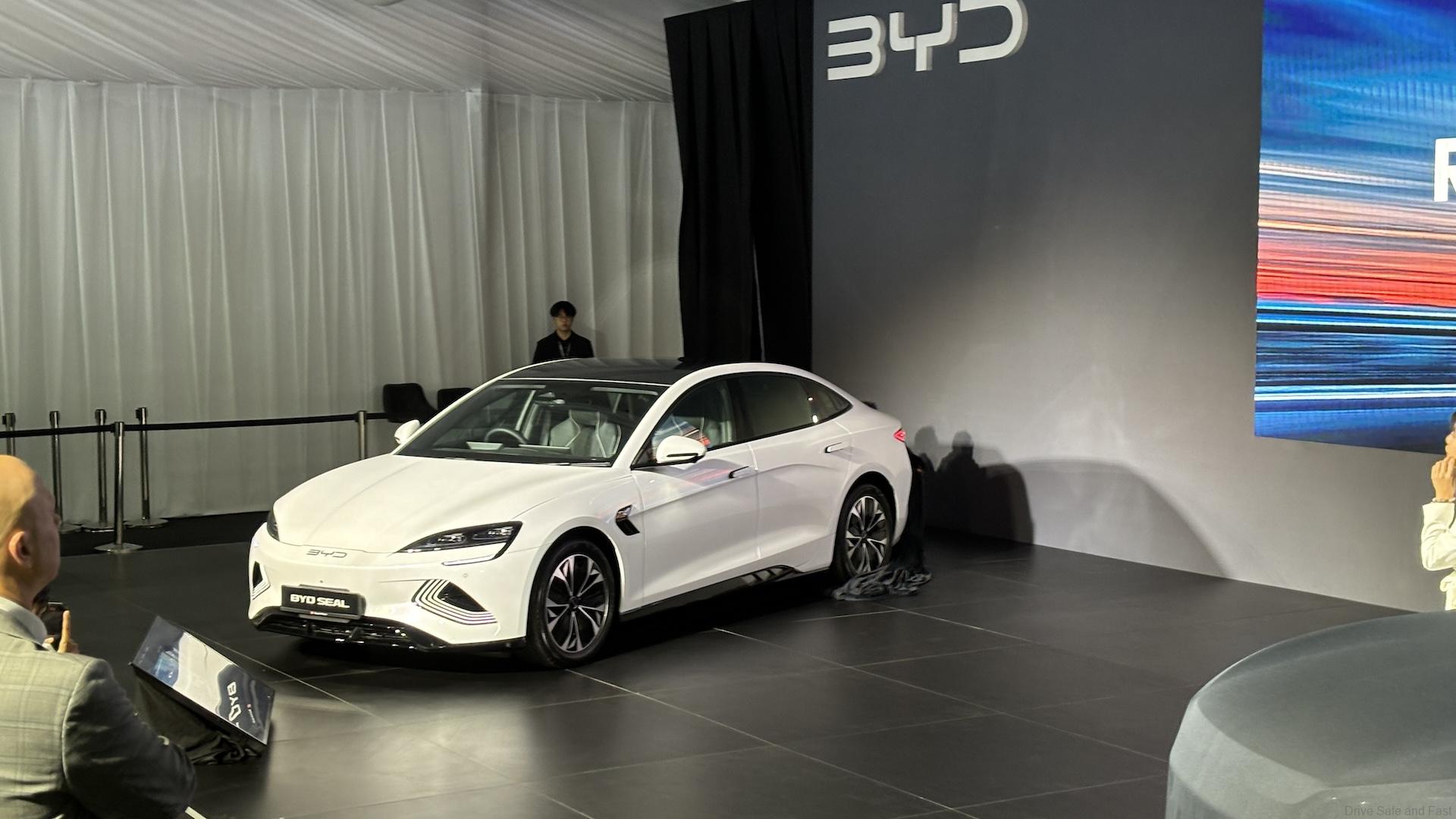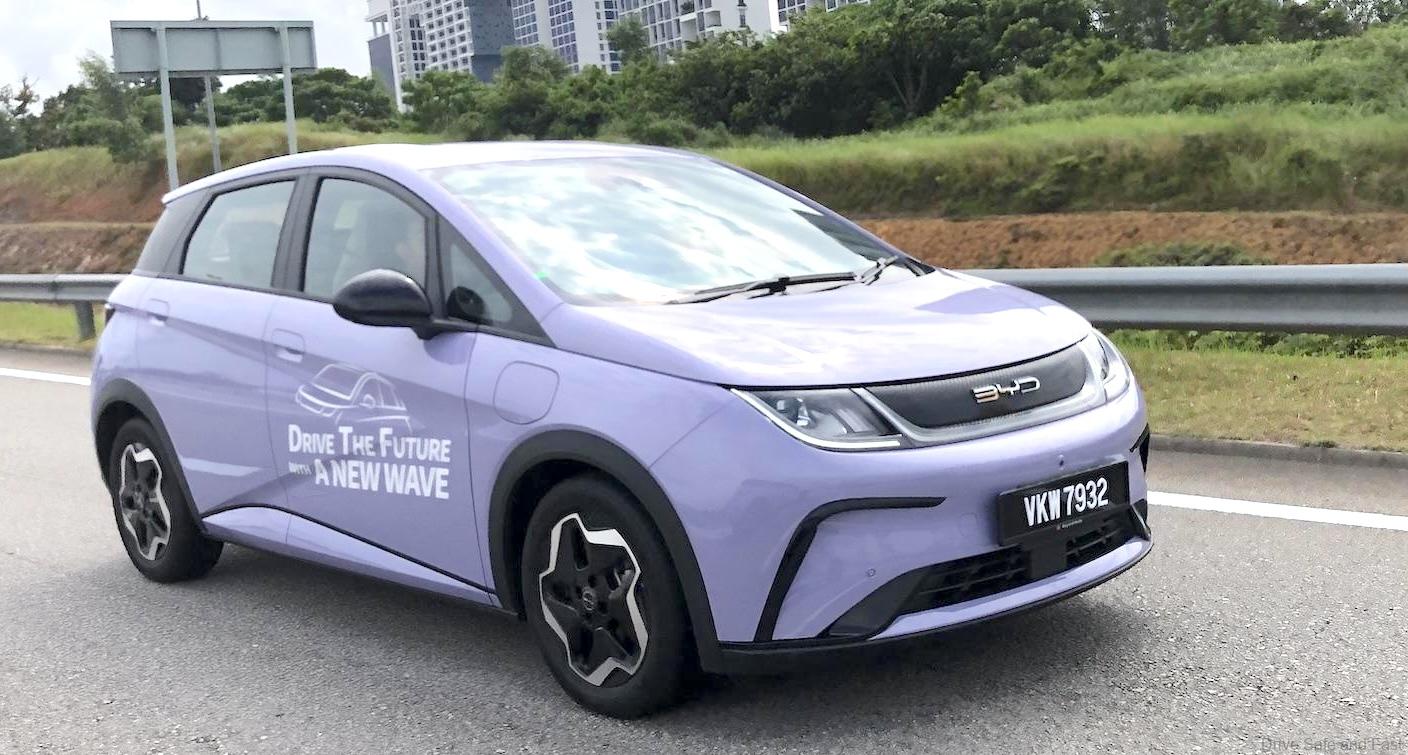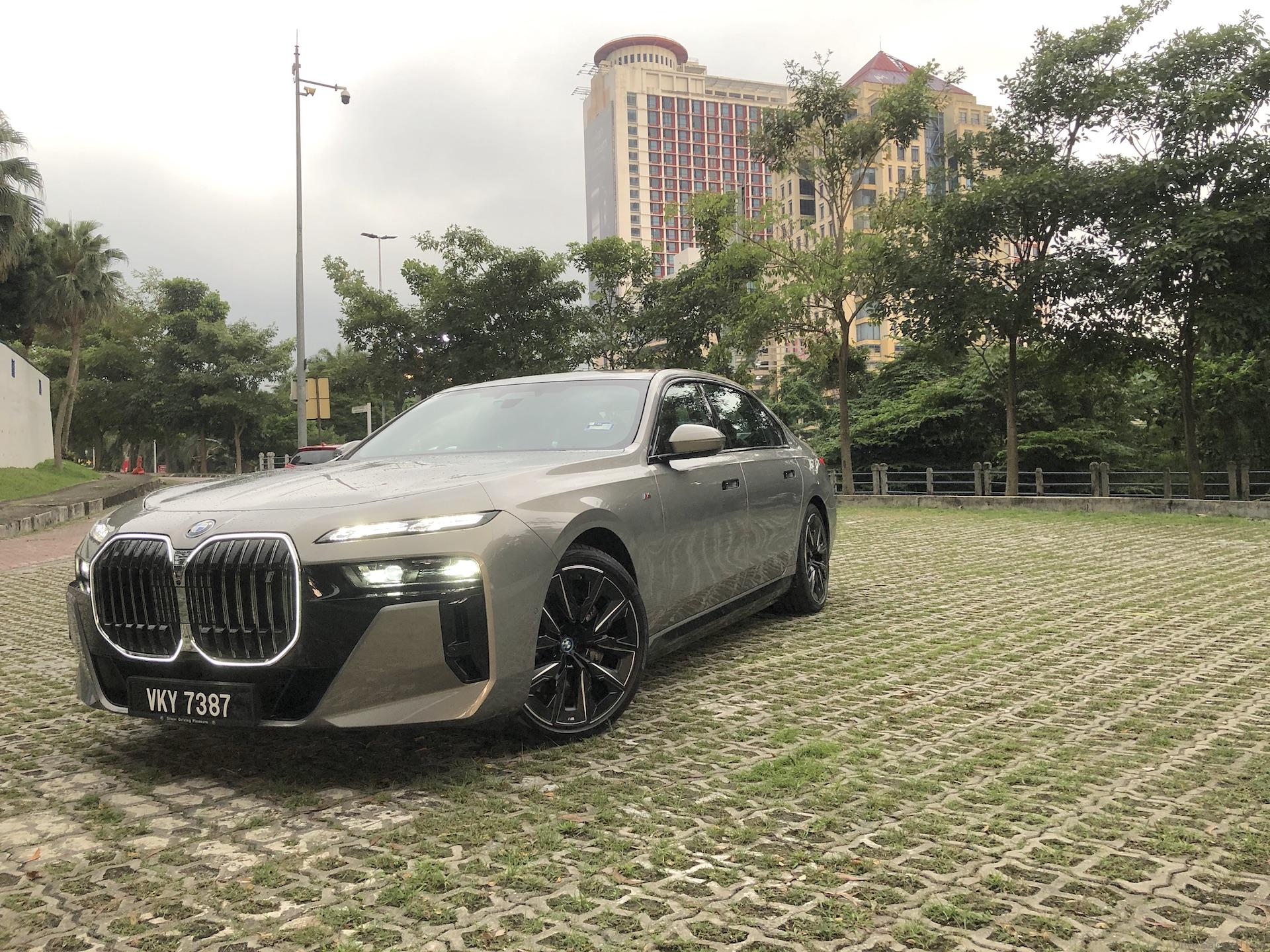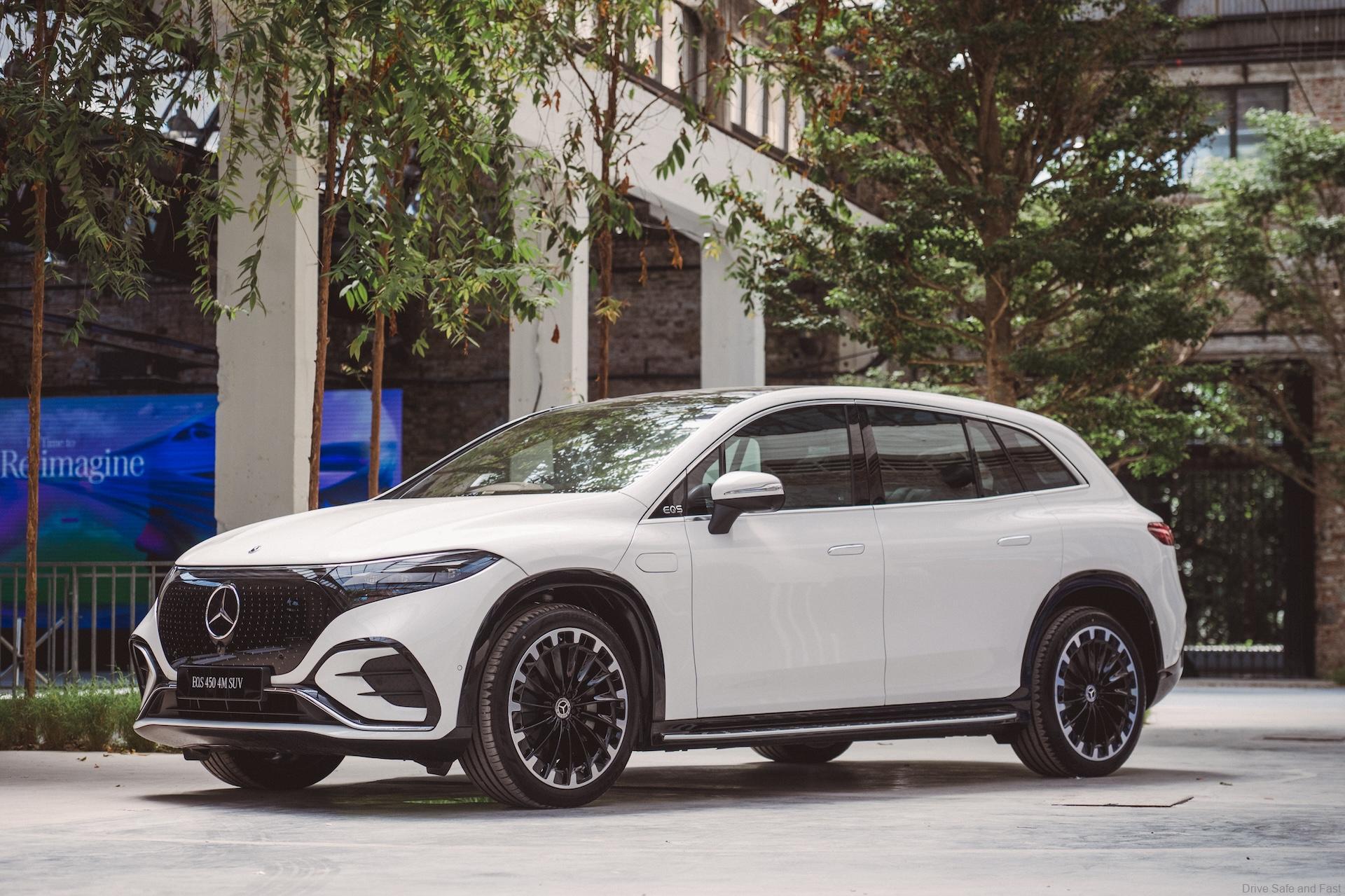It seems even 100% tariffs wasn’t enough for European EVs to beat China
Now we all know all too well here in Malaysia that China is no longer the “low cost, low quality” vehicle market it used to be. It is now one of the leading global superpowers in the automotive world. This has led to Europe lagging behind in sales so they first hit Chinese electric vehicles (EVs), but it appears even this was not enough to deter European buyers.
So what happens next? At the Paris Motor Show, major European automakers have launched a plethora of low-cost EVs in a bid to combat the rising dominance of inexpensive Chinese models. With many European brands struggling to maintain market share amidst a demand slump and heightened competition from Chinese manufacturers, will this be enough?
Moreover, European manufacturers face a complex set of challenges, including the absence of budget-friendly options, slow development of charging infrastructure, and looming trade tensions with China. With stricter emissions reduction targets coming into effect next year, the pressure to ramp up EV sales intensifies.
European brands are responding by using the Paris Motor Show as a platform to present these new, economical models. For instance, Renault introduced the Twingo E-Tech, priced under €20,000, and showcased the Dacia Spring, touted as one of the continent’s most affordable EVs.
The average price of a battery EV in China is also significantly lower, around €31,000 (about RM144,984), compared to over €66,000 (about RM308,) in Europe, making it challenging for Western manufacturers to compete. Dacia CEO Denis Le Vot emphasised the need for affordable mobility, stating that the market is ready for competitively priced EVs.
On top of that, he mentioned that the revamped Spring model aims to fulfil this demand. While some industry experts note a cooling of consumer interest in EVs, Poliscanova argues that the lack of affordable options has deterred buyers. She predicts that the introduction of budget-friendly models could boost EV market share from 14 to 24 percent in the next year.
Industry leaders, including GM Europe’s Pere Brugal, view the current hurdles as a transitional phase rather than a crisis. He emphasised that adapting to new technologies and changing consumer behaviour is essential for a successful transition to full electrification.



More investment in public charging infrastructure is vital, but existing networks already facilitate EV mobility across Europe. Overall, European manufacturers are strategically ramping up their efforts to challenge Chinese competitors by focusing on affordability and innovation in the EV market.



We got all this from CNBC and their full article is linked here. Thank you CNBC for the information and images.



